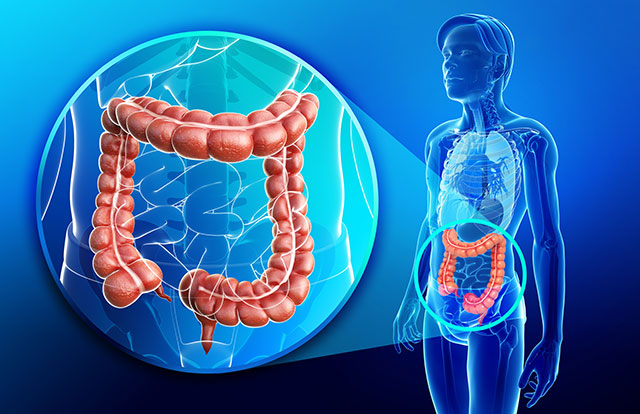Lacking sleep may be the reason why you’re packing on the pounds
03/31/2019 / By Michelle Simmons

Bad eating habits are one of the reasons for weight gain, but do you know that lack of sleep could also play a role? A study published in the journal Science Advances revealed that even one sleepless night can change metabolic processes in your body that result in weight gain and muscle loss.
Earlier studies have shown that interruption in normal sleep patterns can lead to weight gain, which can be seen in night shift workers, for example. Until today, the mechanism responsible for such metabolic changes remains unknown. Therefore, an international team of researchers sought to determine this mechanism by conducting a study on 15 healthy normal-weight individuals. (Related: Lack of Sleep May be the Cause of Your Weight Gain.)
For the study, the research team put each participant in a lab on two separate sessions. In one session, the participants had enough sleep, while during the other session, they stayed up all night. Then, the researchers collect blood, fat, and muscle samples from the participants and studied these looking for differences.
The researchers found that participants’ gene activity that was linked to the production of proteins associated with lipid absorption and cell proliferation changed in the two visits. In particular, they found that lack of sleep resulted in elevated levels of metabolites and proteins that play a role in the process of storing fat. It also caused a breakdown of proteins that are involved in muscle buildup and repair. Furthermore, the team found that sleep loss altered genes that have been linked to a type of inflammation associated with the development of Type 2 diabetes and obesity.
“Our new findings indicate that sleep loss causes tissue-specific changes to the degree of DNA methylation in genes spread throughout the human genome,” lead researcher Jonathan Cedernaes said, as cited by ScienceDaily.com.
From these findings, the international research team concludes that sleep also plays a role in overall metabolism and not just to refresh the brain or to conserve energy. The findings of the study provide some insight into how sleep loss and disruption of circadian rhythms may promote weight gain and muscle loss.
Other effects of insufficient sleep
Research has shown that being two or three hours short of sleep each night can greatly affect your health. In addition to obesity and sarcopenia, sleep loss can increase the risk of the following health problems:
- Cardiovascular disease: One study has found that even modestly reduced sleep was linked to a greater risk of coronary artery calcification, which is a predictor of future heart attack and death caused by heart disease. In addition, there is growing evidence of the link between sleep loss caused by obstructive sleep apnea and a higher risk of cardiovascular problems, such as hypertension, stroke, coronary heart disease, and irregular heartbeat.
- Common cold: Research has revealed that individuals who slept less than seven hours a night were nearly three times more likely to develop symptoms of cold compared to those who slept for eight or more hours when exposed to the cold-causing rhinovirus. Moreover, those who got better quality sleep had the lowest risk of getting a cold.
- Diabetes: Studies have reported that individuals who sleep less than five hours each night were at a greatly increased risk of developing Type 2 diabetes. On the contrary, getting more sleep can positively affect blood sugar and attenuate the effects of Type 2 diabetes.
- Weakened immune system: Lack of sleep has been reported to increase the levels of many inflammatory markers, and infections, in turn, influence sleep amount and patterns. Preliminary research suggests that insufficient sleep may reduce the body’s ability to fight infection.
Read more news stories and studies about preventing obesity at FightObesity.news.
Sources include:
Tagged Under: Diseases, disorders, insomnia, muscle loss, obesity, research, sarcopenia, sleep, sleep deprivation, sleep loss, sleep quality, slender, weight, weight gain


















